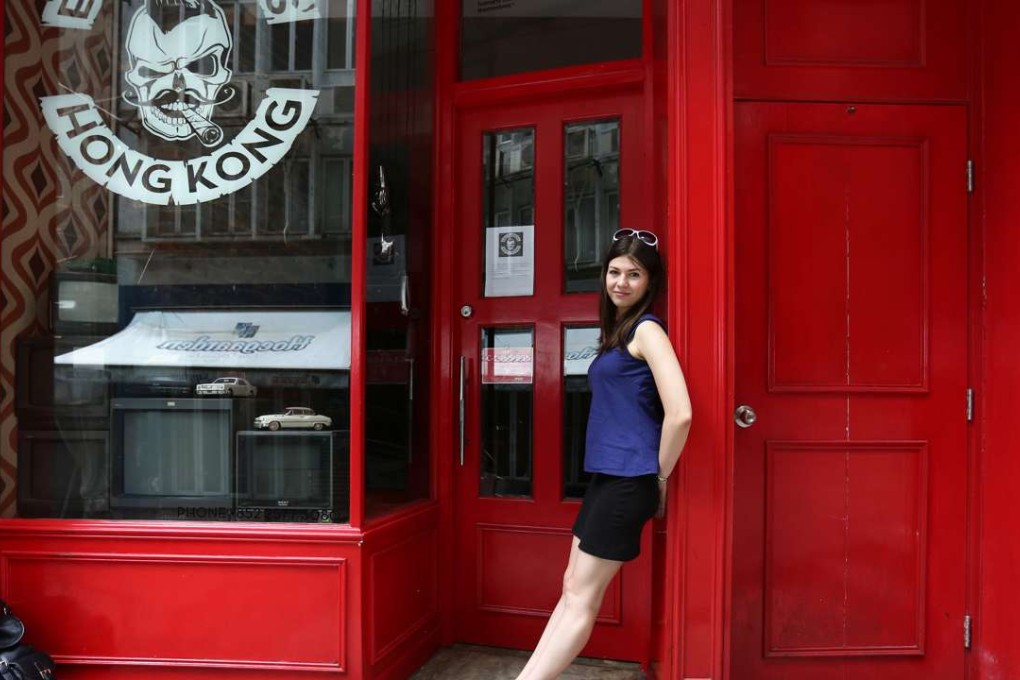Hong Kong-based third culture children face stresses and strains of being on the move
Youngsters who move country, sometimes several times, face problems adapting to a new environment; experts say they should be involved in any move

Ksenia Rodionova couldn’t speak a word of English when her family moved to Hong Kong from Russia. She was just eight years old.
After enrolling in an international school, it took her three years before she could communicate freely in English, and a couple more before she could read fluently and begin to assimilate into the local culture.
Now a 25-year-old primary school teacher working in the city, she is a thriving example of one of Hong Kong’s many “third culture kids” – a term used to describe individuals who have spent a significant part of their formative years outside of their parents’ culture.
“I have learned that ‘home’ and ‘belonging’ are loose terms and it is hard to define them,” Rodionova said. “I had a bit of an identity crisis at one point, but got over it and became comfortable with my new identity – Russian-born, Hong Kong-raised.”
In the wake of globalisation, living abroad or studying in a foreign cultural environment during childhood has become increasingly common as more people embrace transient lifestyles. The rise of third culture children has sparked discussion on the pros and cons of such experiences, and the ways they can shape one’s character.